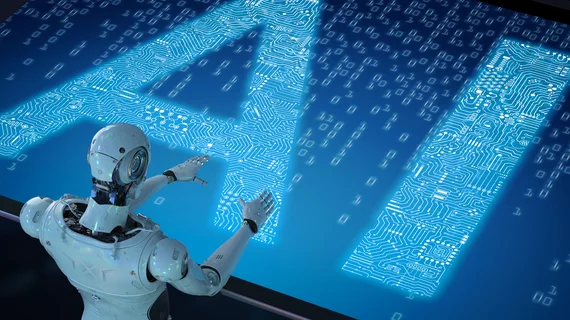AI model suggests COVID-19 will grow more infectious
SARS-CoV-2, the virus behind COVID-19, is mutating—and a new AI model suggests many of those mutations could be even more infectious.
When a virus mutates, the researchers explained, it can be benign or even make the virus less dangerous to humans. In this instance, however, many detected mutations have a significant chance of becoming more infectious strains of COVID-19.
Wei’s team has been studying COVID-19 since January, using its machine learning-based model to explore known mutations and more than 3,000 potential future mutations.
“Knowledge about the infectivity of SARS-CoV-2 is a vital factor for preventive measurements against COVID-19 and reopening the global economy,” lead researcher Guowei Wei, a professor at Michigan State University, said in a statement. “A crucial question is what are the ramifications of these mutations to COVID-19 transmission, diagnostics, prevention and treatment.”
The team’s full analysis can be read on the ArXiv preprint server.

